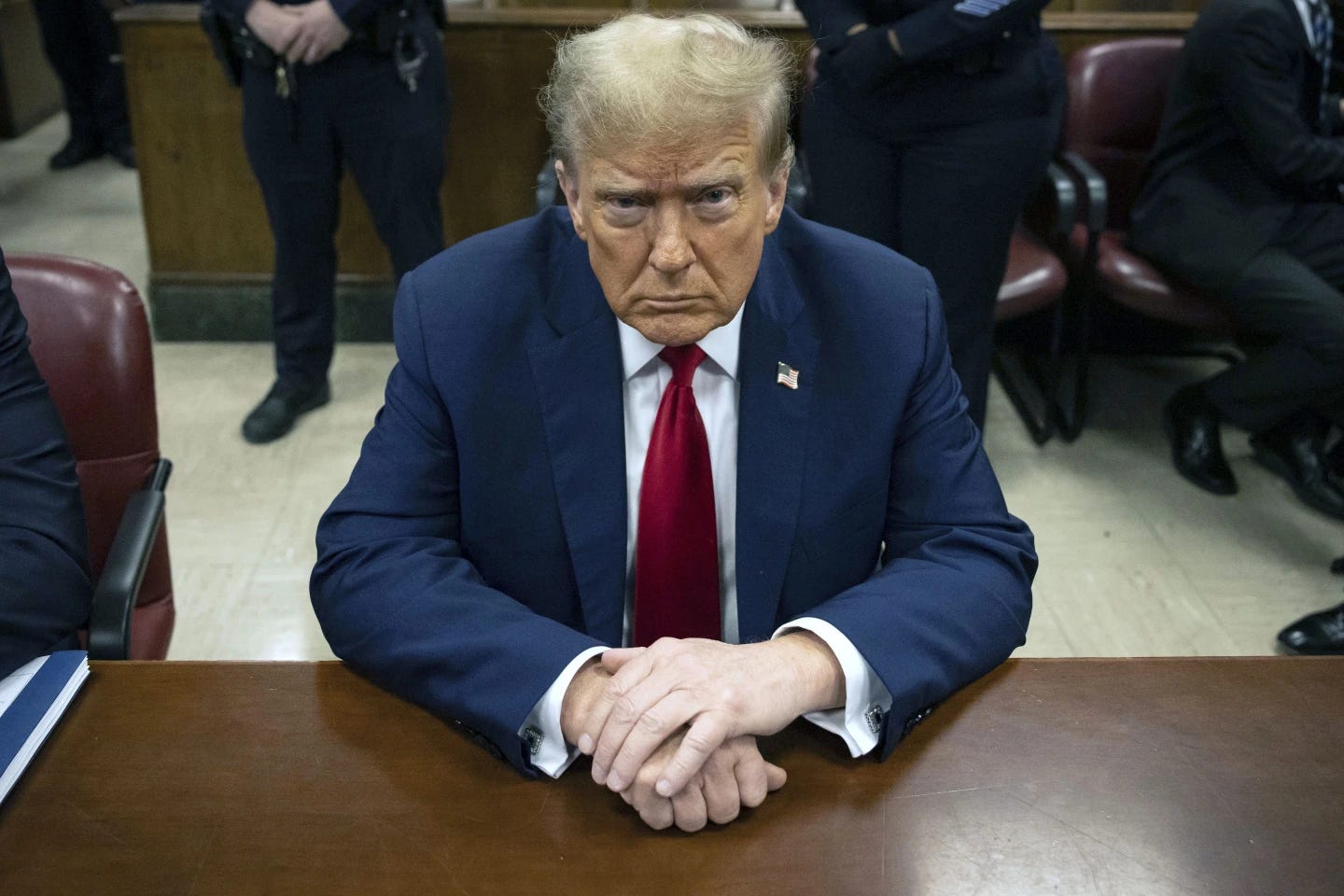Will Trump Be Sworn in as President on January 20 as a Convicted Felon?
Despite the legal and media drama, Trump’s sentencing and conviction without incarceration has, without doubt, avoided a major constitutional crisis.

The Historical Context: A First for the United States
The possibility of Donald Trump taking the presidential oath as a convicted felon is unprecedented in American history. While past presidents have faced legal scrutiny, none have assumed office under such conditions. Trump’s 2025 scenario raises profound questions about the intersection of criminal law, presidential powers, and the democratic process.
The Verdict: Guilty on All 34 Counts
On May 30, 2024, after a protracted and highly publicized jury trial, Donald Trump was found guilty on all 34 counts of falsifying business records in the first degree. The charges stemmed from an alleged scheme to conceal a hush money payment made to adult film actor Stormy Daniels during his 2016 presidential campaign. The trial saw extensive testimony and cross-examinations, ultimately leading to a unanimous jury decision against the former president. The Business Records Falsification Case, commonly referred to as the "Stormy Daniels case," this legal saga focused on Trump's reimbursement of his former attorney Michael Cohen for a $130,000 payment made to Daniels. Prosecutors argued that Trump falsified business records to disguise the payment as legal expenses, thereby violating campaign finance laws. The defense claimed the charges were politically motivated, but the jury rejected these assertions, finding that the falsifications were deliberate and intended to commit or conceal another crime, which could have included election law violations.
Presidential Immunity and the Rule of Law
Trump’s legal team argued for dismissal, citing presidential immunity and the potential disruption to governance. Judge Merchan rejected these claims, emphasizing the principle that no one, not even the president, is above the law. Furthermore, he noted that none of the actions for which Trump was indicted were remotely connected to the due discharge of his duties as President of the United States. The case ultimately tested the balance between upholding judicial processes and safeguarding the functionality of the executive branch.
Political Implications: A Divided Nation
Trump’s conviction added fuel to the already polarized political landscape. For his supporters, it reinforced their narrative of political persecution. For opponents, it underscores concerns about accountability and integrity in leadership. This duality reflects broader societal divisions and complicates the prospects for bipartisan governance in his second term.
Constitutional Crisis Averted
Despite the legal and media drama, Trump’s sentencing and conviction without incarceration has, without doubt, avoided a major constitutional crisis. The U.S. Constitution provides no explicit guidance for a sitting president's conviction or incarceration, which could have plunged the nation into uncharted territory.
International Perceptions and Domestic Realities
The world watches with a mix of fascination and skepticism as the United States navigates this unique chapter. Critics argue that such scenarios erode the nation’s moral authority globally. Domestically, Trump's ability to govern effectively while appealing his conviction remains a significant challenge.
Moving Forward: Legal and Political Strategies
With sentencing scheduled for January 10, Trump’s legal team is expected to pursue an appeal, aiming to overturn the conviction. Meanwhile, his administration must navigate the practicalities of leading a divided nation under the shadow of legal scrutiny.
A Crisis Avoided, a Nation in Transition
As Trump prepares to take office on January 20, the conclusion of his criminal case marks a pivotal moment in American democracy. The celebrations surrounding his inauguration are expected to be low-key, if not somber, due to the 30-day official mourning period following the death of President Jimmy Carter, who passed away at the age of 100. With no prison term to disrupt governance, a potential constitutional crisis has been averted. However, the enduring effects on political norms, judicial precedent, and public trust remain to be seen. The world’s oldest democracy faces a test not only of its laws but of its ability to reconcile the rule of law with the realities of modern politics.



